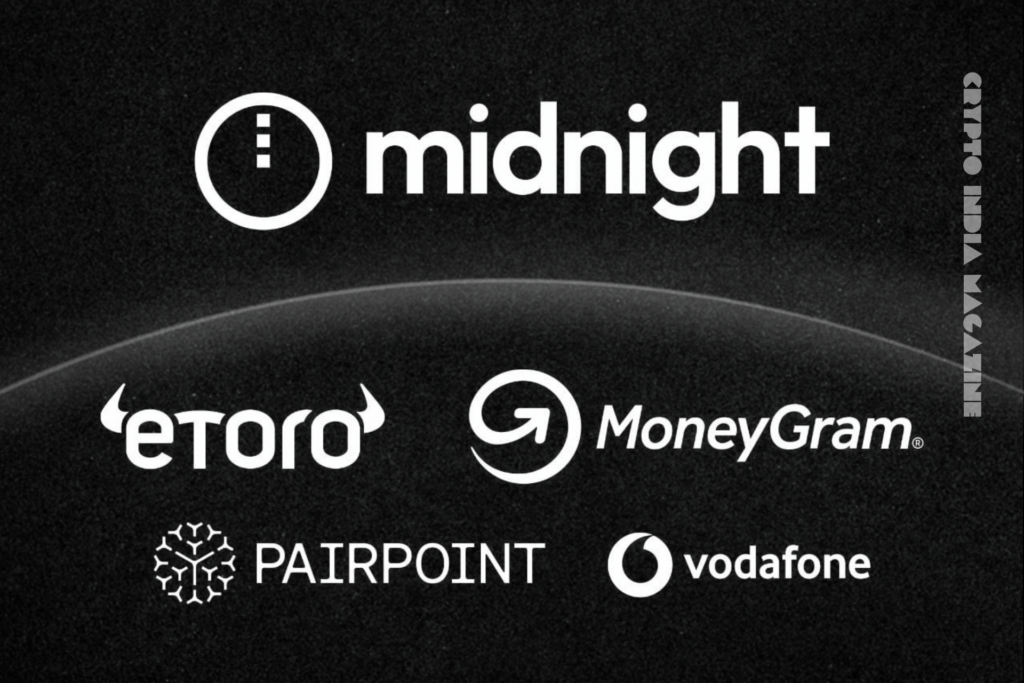Now Reading: Blockchain Audits Reveal High Frequency of Logic Errors and ZK Vulnerabilities
-
01
Blockchain Audits Reveal High Frequency of Logic Errors and ZK Vulnerabilities
Blockchain Audits Reveal High Frequency of Logic Errors and ZK Vulnerabilities
QUICK BITE
- Blockchain security firm Veridise found an average of 16.1 issues per audit, with ZK audits revealing more at 18.0 per audit and twice the likelihood of critical issues.
- Logic errors are the most common bug type, accounting for 41% of severe issues across all audits.
- ZK protocols, while popular for enhancing privacy and scalability in blockchain, pose significant security challenges due to their complex cryptographic structures and innovative nature.
Veridise, a blockchain security firm, conducted an analysis of 100 audit projects from its database, encompassing various smart contracts, blockchain implementations, and zero-knowledge solutions. The data set revealed a total of 1605 issues, with 1533 issues having identifiable types.
Its security audits typically identify an average of 16.1 issues per audit. Specifically, Zero-Knowledge (ZK) audits tend to uncover slightly more issues, averaging 18.0 per audit. Notably, ZK audits have twice the likelihood of encountering critical issues compared to other audits.
Across all audits, the most prevalent type of bug is Logic error, which also accounts for the highest number of severe issues. Logic errors constitute 41% of severe issues (including critical and high severity).
Moreover, 78% of high-severity issues across all audits stem from just five types: Logic Error, Data Validation, Underconstrained Circuit, Denial of Service, and Access Control.
ZK protocols are increasingly popular in cryptocurrency for their ability to improve privacy and scalability in blockchain transactions. They allow one party to prove the truth of a statement to another without disclosing any additional information.
However, according to Veridise, ensuring ZK security is notably difficult. Audits frequently uncover critical vulnerabilities because of the intricate cryptographic structures and the innovative aspects of ZK protocols, which often extend beyond traditional cryptographic methods.






